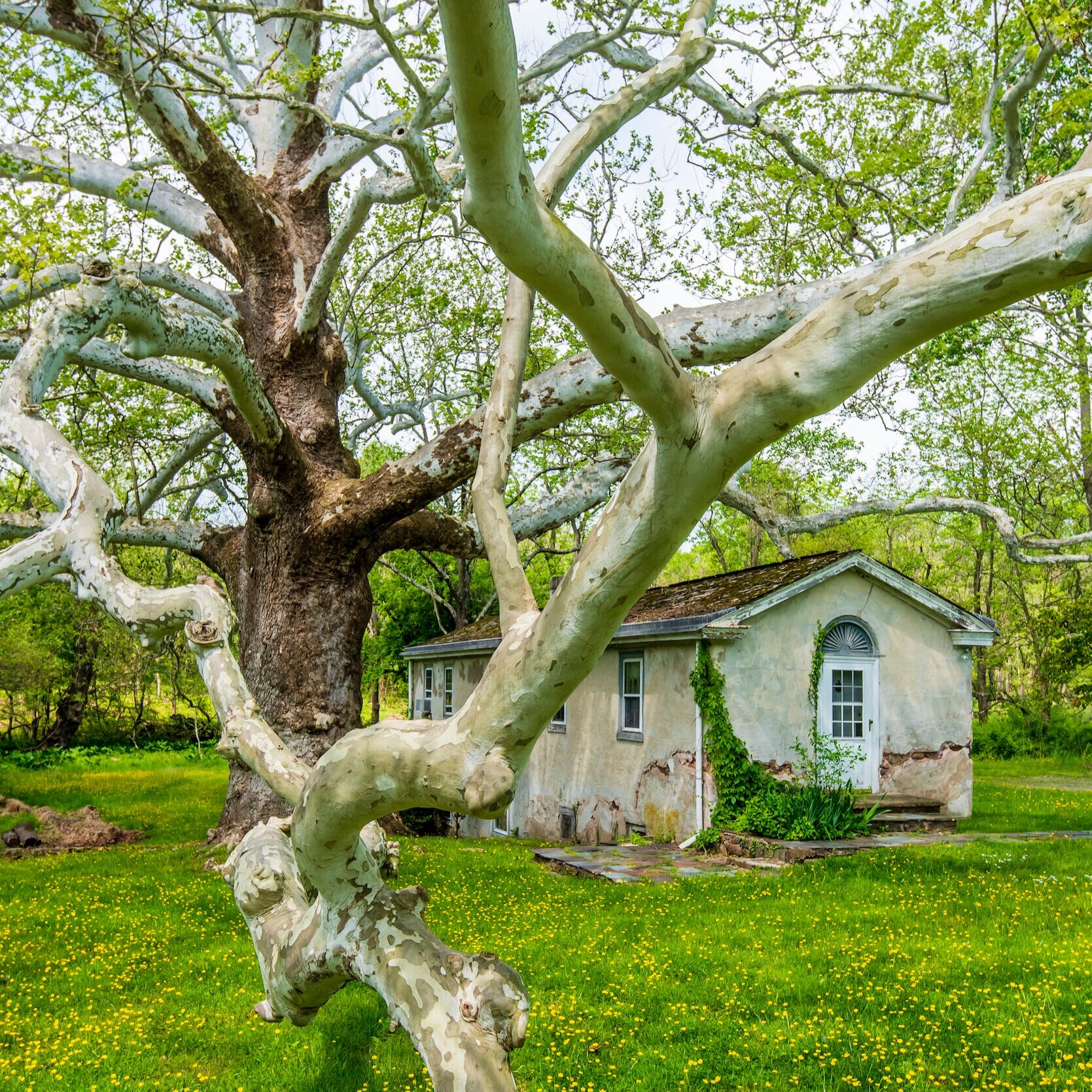By Meenal Raval
April showers bring May flowers, but they are also ideal for newly planted trees.
This April brings us the 50th anniversary of Earth Day, at a time when the Earth needs our care more than ever. How can we help her?
We know we need to reduce our emissions, which can be done by using fewer fossil fuels for our energy needs. Each of us needs to remember the low-carbon lifestyles of our ancestors and consider weaving them into our daily habits. My grandmother bought grains and oil in bulk from local farmers, enough for the entire year. No waste, and certainly no plastic waste! Clothes were always line-dried, with indoor lines for rainy days. In addition to emitting fewer greenhouse gases, we also need to remove the carbon dioxide that’s already out there. Decarbonization could mean complicated and expensive projects like carbon sequestration—a word I can barely pronounce, let alone explain! Decarbonization could also mean more trees in the ground. This is easier to visualize, right? Combine large-scale shade tree-planting with tree care and non-mechanized street sweeping, and you see a multiplicity of benefits unfurl.
Shade trees reduce the urban heat island effect. Because of the density of city buildings, city temperatures consistently measure significantly higher than suburban and rural areas, where more sunlight is absorbed by plants and dirt, rather than parking lots and rooftops. Think of the temperature difference between stepping barefoot onto asphalt pavement on a hot summer’s day versus stepping onto a patch of grass. Adding greenery to our city not only cools our streets, making walking and biking more enjoyable in the summer, but also it reduces our air conditioning needs. In the summer months, Mount Airy is much cooler than neighborhoods in North, Northeast and South Philly. My friends are often amazed that I can keep windows open and enjoy a cross breeze much of the summer.
Native tree species like serviceberry and London plane promote biodiversity, bringing back the birds and bees swiftly disappearing from our toxic landscape. Having recently watched the documentary Fantastic Fungi, I learned that 70 percent of the carbon absorbed by trees is stored not in the leaves or the trunk, but in the mycelial network tangled in the tree roots. This carbon stays underground, even if the tree is cut down in the future. This is decarbonization I can understand
Non-mechanized street cleaning means people from the neighborhood are hired to clear away flowers, fruit, leaves and litter with brooms and rakes. If trees bear fruit or nuts, harvesting them could itself be a jobs program. Cooler, cleaner streets could mean safer streets, reports have claimed. Together, large-scale shade trees and street sweeping could create many jobs within neighborhoods. This is something our city should consider, instead of spending $48 million a year to sweep a few commercial corridors.
The concept reminds me of an anonymous Greek proverb: “Society grows great when old men plant trees whose shade they know they shall never sit in.”
This April may be an ideal month to consider large-scale shade tree-planting. Join a local Tree Tenders group that plants in many of our neighborhoods. Or convince your neighbors and plant a few trees yourself, on your own block, with trees from Tree Philly or a local nursery. You can change the world, one tree at a time.









